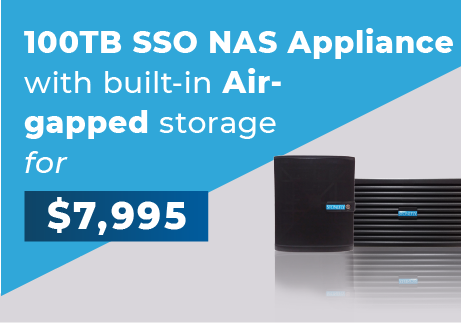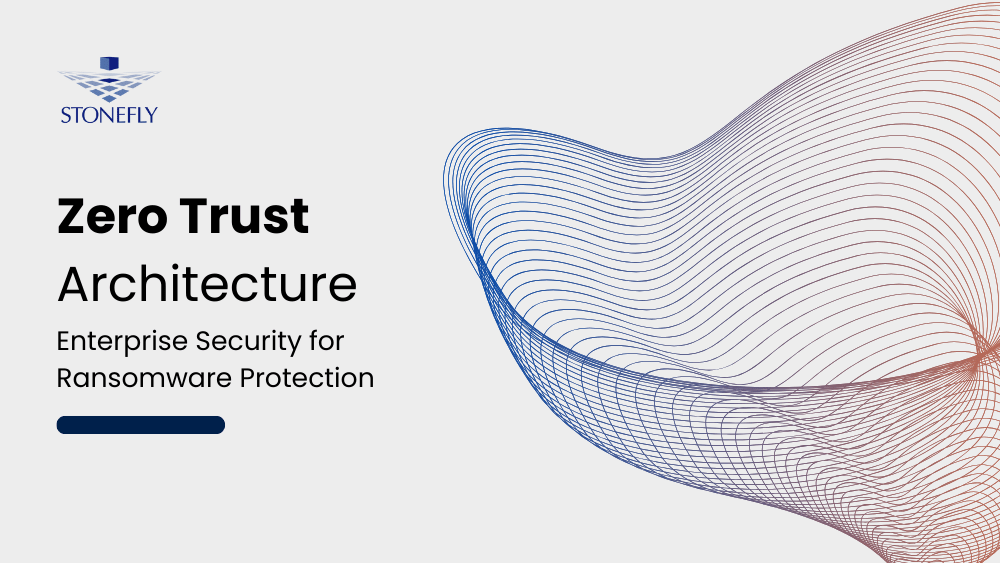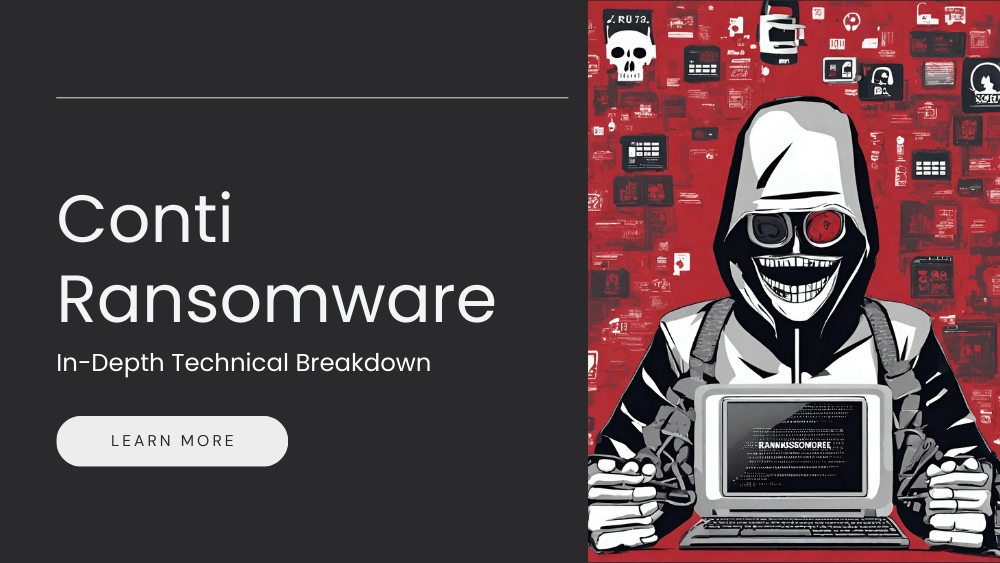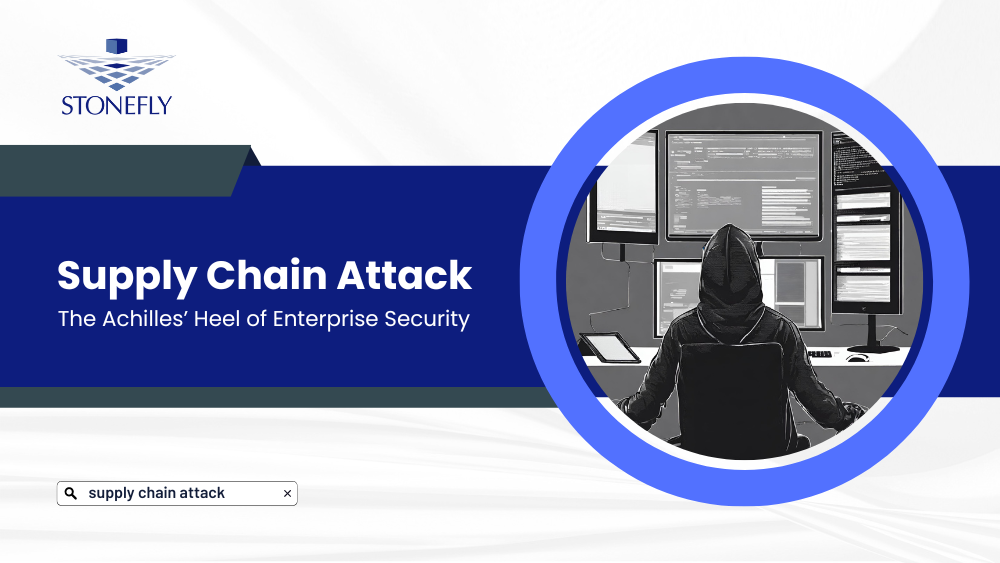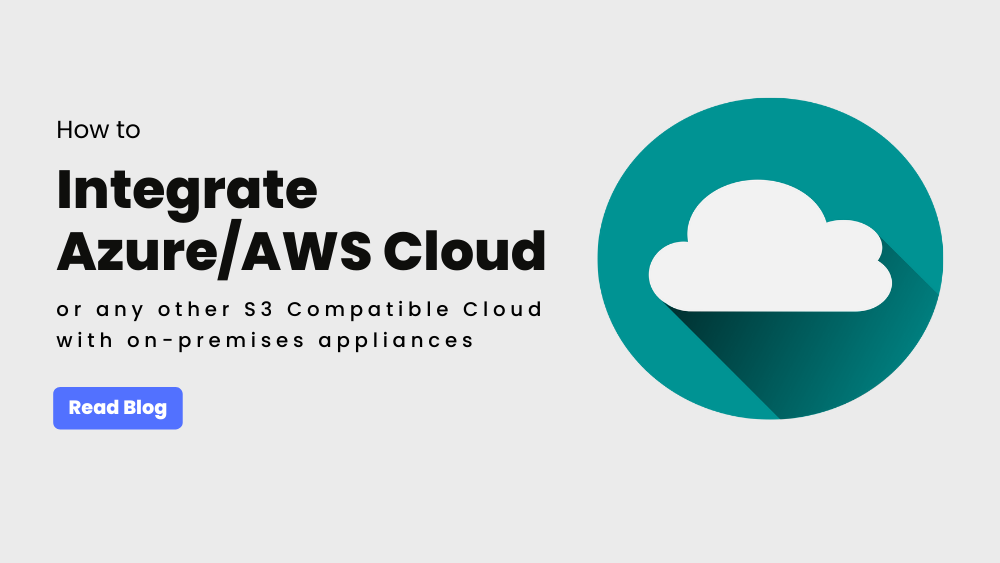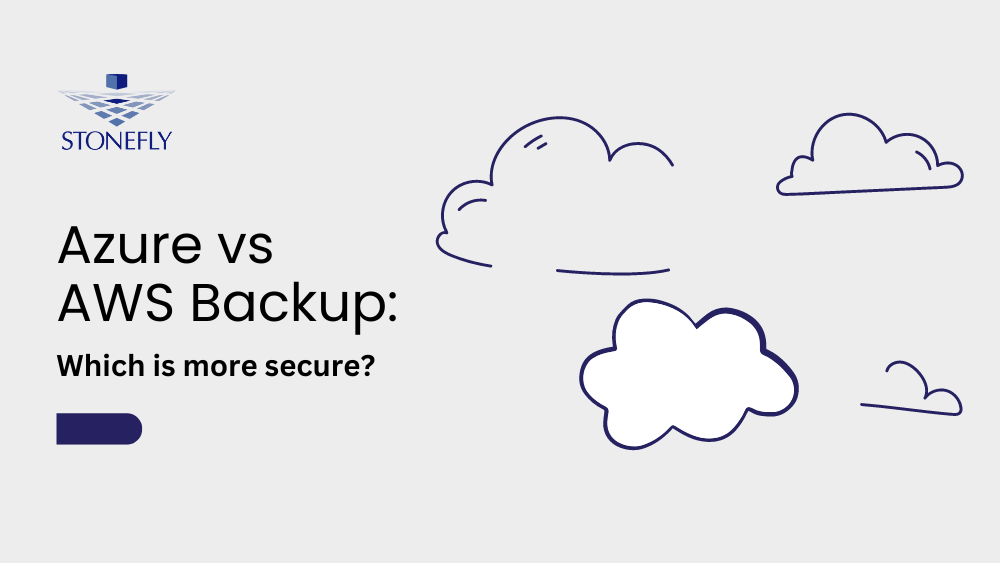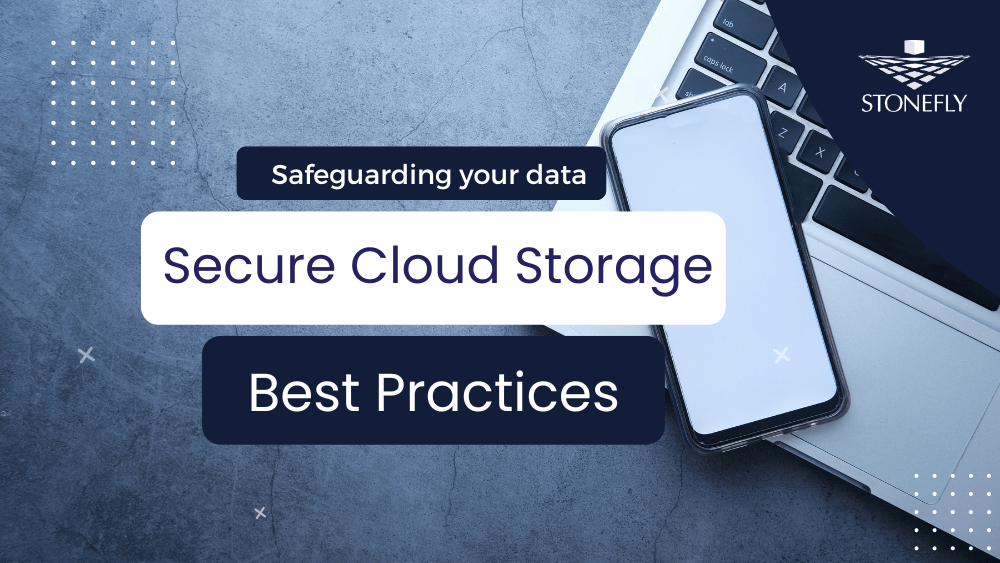In this article, we explore:
What is Email Archiving?

On-Premises Email Archiving
On-premises email archiving is incorporated in an IT environment using durable and low cost storage media. Email archives are accessed on-occasion and usually require specific files/emails – implying that email archiving isn’t a high IOPs process.
The major considerations for on-premises email archiving are: cost of storage, durability of storage media, and the management of archived email data.
Cloud Email archiving
Cloud email archiving leverages cloud storage tiers like Azure Archive blob or Amazon Web Services (AWS) Glacier. Businesses can also setup cloud email archiving in private clouds like StoneFly private cloud. The dedicated cloud storage tiers offer a pricing structure that benefits businesses looking to store most of their data and access it rarely.
Why setup Email Archiving?

Storing all this information effectively and managing it is a challenge. Business/organizations working in industries like healthcare or law have to adhere to industry regulations like HIPAA/HITRUST, FedRAMP, etc. This makes it necessary for these businesses to retain this large chunk of data indefinitely. It’s also important to be able to find a specific file/email in the email archives when necessary.
These requirements are easily met with the integration of email archiving.
When setup with the right email archiving solution, users can manage their archives, protect the information within the emails and be able to retrieve any file/email when they need to.
Email Archiving versus Email Backups
As mentioned earlier, email archiving refers to the long term retention of email data. This data usually sits outside the backup cycle. Email archives require highly durable and low cost storage media because the data is rarely accessed. Another consideration for email archives is data authenticity. Examples of relevant cloud archiving tiers for email archiving include: Azure Archive blob and Amazon Web Services (AWS) Glacier.
Email backups on the other hand are meant to ensure that data is recoverable in the event of accidental or malicious data deletion or a failed hardware server. As compared to the storage media required for email archiving, email backups need storage media that facilitates high IOPs and keeps the cost per gigabyte in check. Examples of relevant cloud backup tiers for email backups include: Azure Cool blob and Amazon Web Services (AWS) S3-IA.
Both solutions are necessary for a business and require different types of storage media and cloud storage tiers.
Compliance to Industry Regulations with Email Archiving
There are two major benefits of Email Archiving:
- Email archiving puts an index to all of the archived emails.
- IT administrators can leverage automated data tiering to migrate data to dedicated archiving tiers and delete unnecessary data too.
The integration of policy-based data tiering facilitates businesses to ensure an error-free archiving process with a focus on optimized email archiving and cost reduction.
Email archiving plays an important role in supporting businesses to comply with industry regulations. Email archiving plays a very important when it comes to E-discovery. With properly configured email archiving, specific files/emails can be easily retrieved with minimum time delay.
To name a few industry regulations that businesses can comply to by leveraging email archiving, the regulations include: Dodd Frank Act, HIPAA/HITRUST, FedRAMP, CJIS, etc.
StoneFly Email Archiving Solutions – On-Premises and in the Cloud
StoneFly is an innovator of enterprise-grade storage solutions. StoneFly’s diverse range of products include solutions that can facilitate businesses to
StoneFly On-Premises & Hybrid Email Archiving Solutions
StoneFly solutions come in all shapes and sizes accommodate the storage requirements of businesses of every scale ranging from small to large scale enterprises.
StoneFly NAS Storage
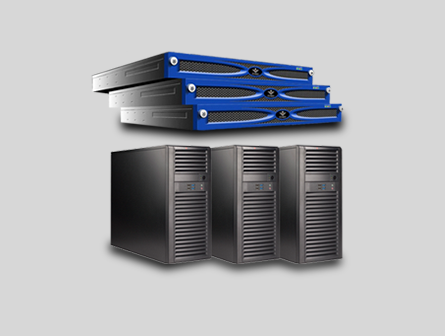
Small to Medium Sized Businesses (SMBs) can leverage StoneFly NAS storage appliance to
StoneFly Smart Cloud Gateway

Businesses who already have on-premises storage resources and are looking to integrate cloud technology with their infrastructure to setup email archiving can leverage StoneFly Smart Cloud Gateway. StoneFly Smart Cloud Gateway, available as a hardware and software solution, can optimize storage and enabled IT administrators to setup user-defined policies that automatically migrate data between physical appliances or to a dedicated cloud storage tier.
StoneFly Cloud Email Archiving Solution
StoneFly is partnered with public Cloud Service Providers (CSPs). StoneFly cloud email archiving solution enables businesses to setup email archiving n Microsoft Azure, Amazon Web Services (AWS) cloud and to StoneFly private cloud.
With a feature-rich software solution, users can configure policies that automate data migration and ensure data security with features like snapshots, data encryption, etc.
To learn more about StoneFly Cloud Archiving Solutions, click here: StoneFly Data Aware Cloud Archiving Solution.

